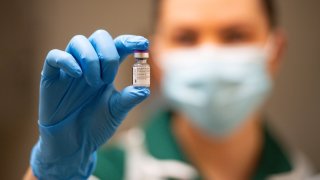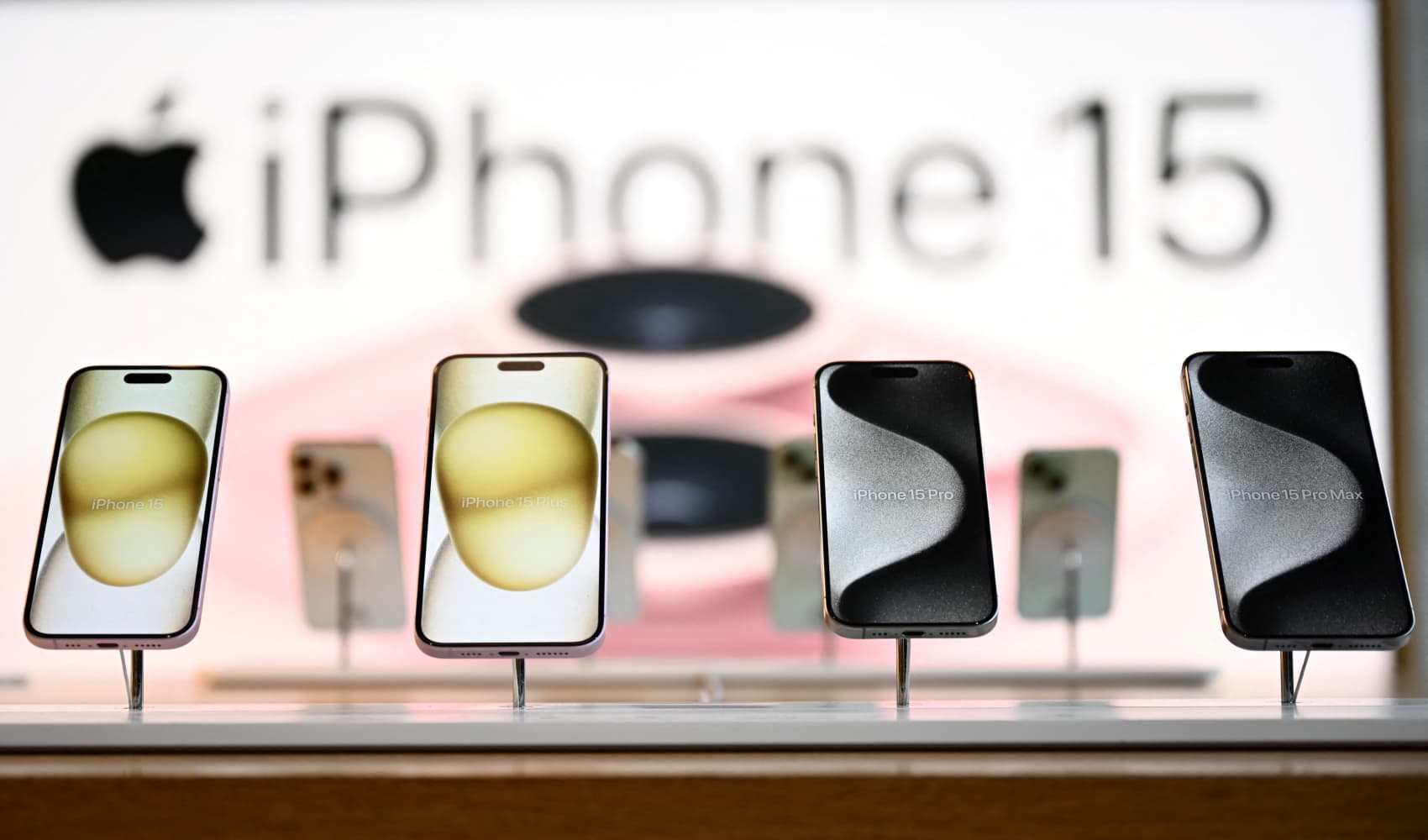
- Dr. Archana Chatterjee told CNBC on Friday she voted against recommending emergency use authorization for Pfizer's Covid-19 vaccine because she did not believe 16- and 17-year-olds should be included.
- "I want to be very clear that I am fully supportive" of clearing the vaccine for use in people 18 years and older, the dean of the Chicago Medical School said.
- "I think that we were pleasantly surprised to see that this vaccine has such good efficacy in tens of thousands of participants that were included in the trial," Chatterjee said.
Dr. Archana Chatterjee, a member of the FDA advisory panel who voted against recommending Pfizer's Covid-19 vaccine for emergency use, told CNBC on Friday that her opposition was because she did not believe 16- and 17-year-olds should be included right now.
In a "Squawk Box" interview, Chatterjee said she would have voted "yes" had the question before her been different. "I want to be very clear that I am fully supportive of the emergency use authorization for the use of this vaccine from Pfizer and BioNTech for adults 18 years and older," said Chatterjee, a pediatric infectious disease specialist who serves as dean of the Chicago Medical School.
The FDA committee recommended emergency authorization of the vaccine for people who are 16 years old and older.
In addition to Chatterjee, three other members of a Food and Drug Administration advisory panel on Thursday voted against recommending U.S.-based Pfizer and German partner BioNTech's vaccine for emergency use. One member abstained from voting, while 17 voted in favor of a recommendation.
The decision from the group of outside experts is nonbinding, but on Friday, FDA Commissioner Stephen Hahn said in a statement that the agency was working "rapidly" toward finalizing emergency use authorization.
Money Report
The vaccine from Pfizer and BioNTech would be the first to receive regulatory clearance in the United States. It has already been granted approvals by health officials in the United Kingdom and Canada.
Chatterjee noted that the vaccine was 95% effective in preventing Covid-19 in clinical trials while also demonstrating a "really good safety profile overall." She added, "I think that we were pleasantly surprised to see that this vaccine has such good efficacy in tens of thousands of participants that were included in the trial."
While commending Pfizer and BioNTech for including people under age 18 in the trials, she stressed that she would like to have seen additional data before recommending more individuals in the group receive it.
Dr. Ofer Levy, director of the Precision Vaccines Program at Boston Children's Hospital, was among the 17 outside experts who voted in favor of recommending the vaccine for emergency use. He told CNBC a "rigorous" safety review process took place, including for 16- and 17-year-olds.
"There was no particularly different safety signal for them as the older individuals so the majority of the committee members felt comfortable voting 'yes,'" Levy said Friday on "Worldwide Exchange."
"Yesterday was a milestone but there is a long road ahead" in the effort to end the coronavirus pandemic, Levy added. He pointed to the need for a large supply of Covid-19 vaccines so more people have the opportunity to be vaccinated, both in the U.S. and abroad.
Because doses of the Pfizer-BioNTech vaccine will be limited at first, concerns raised about younger individuals receiving it at this moment are "moot," contended Dr. Scott Gottlieb, a Pfizer board member and former FDA chief. Health-care workers and residents of long-term care facilities are set to be first in line to get the shots.
"This vaccine isn't going to be eligible for 16- and-17 year-olds for quite some time ... and probably until it gets fully licensed at some point, hopefully if everything goes well, in the spring and summertime," Gottlieb said on "Squawk Box."
The FDA's advisory panel is set to meet next week on whether to recommend emergency use of Moderna's Covid's vaccine, which like Pfizer's requires two shots and employs a new approach to inoculations that uses genetic material to provoke an immune response.
Disclosure: Scott Gottlieb is a CNBC contributor and is a member of the boards of Pfizer, genetic testing start-up Tempus and biotech company Illumina. Gottlieb also serves as co-chair of Norwegian Cruise Line Holdings′ and Royal Caribbean's "Healthy Sail Panel."






